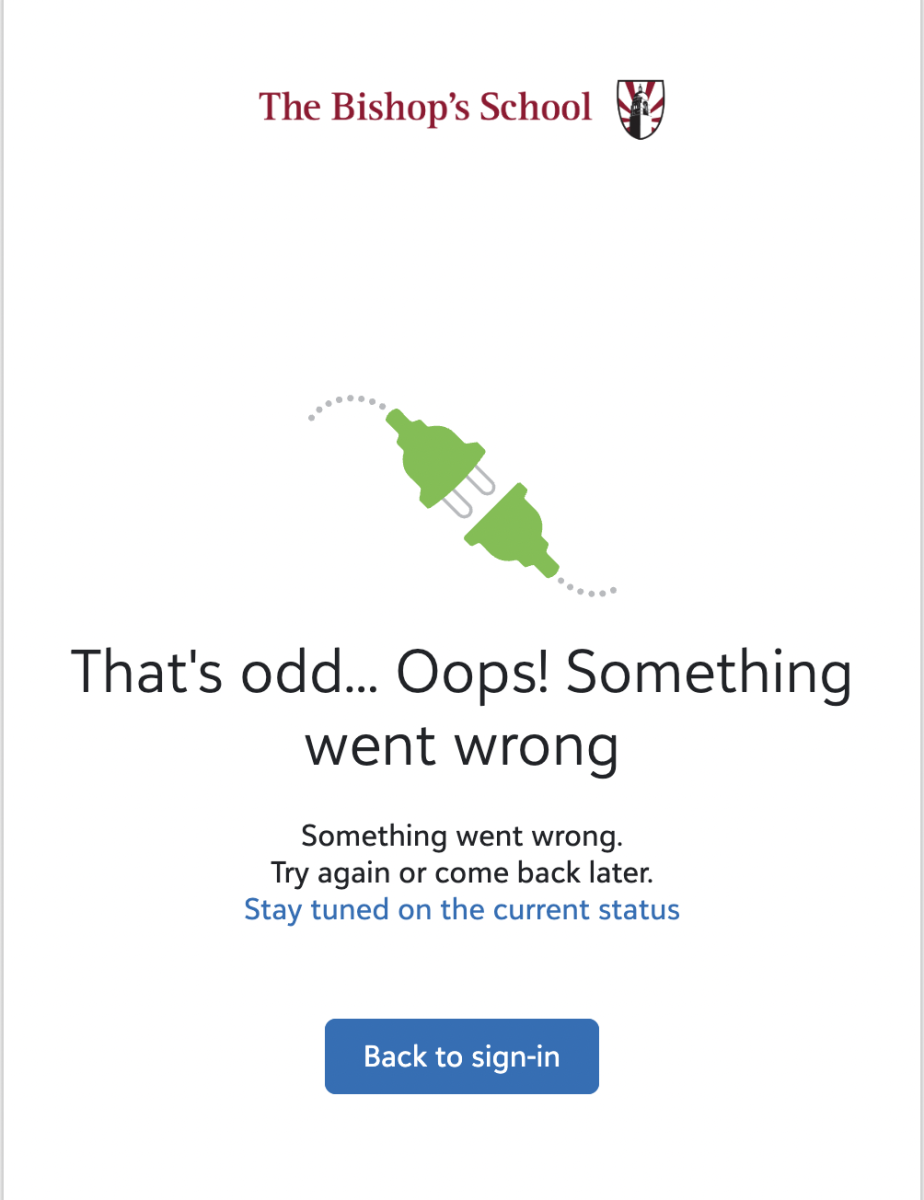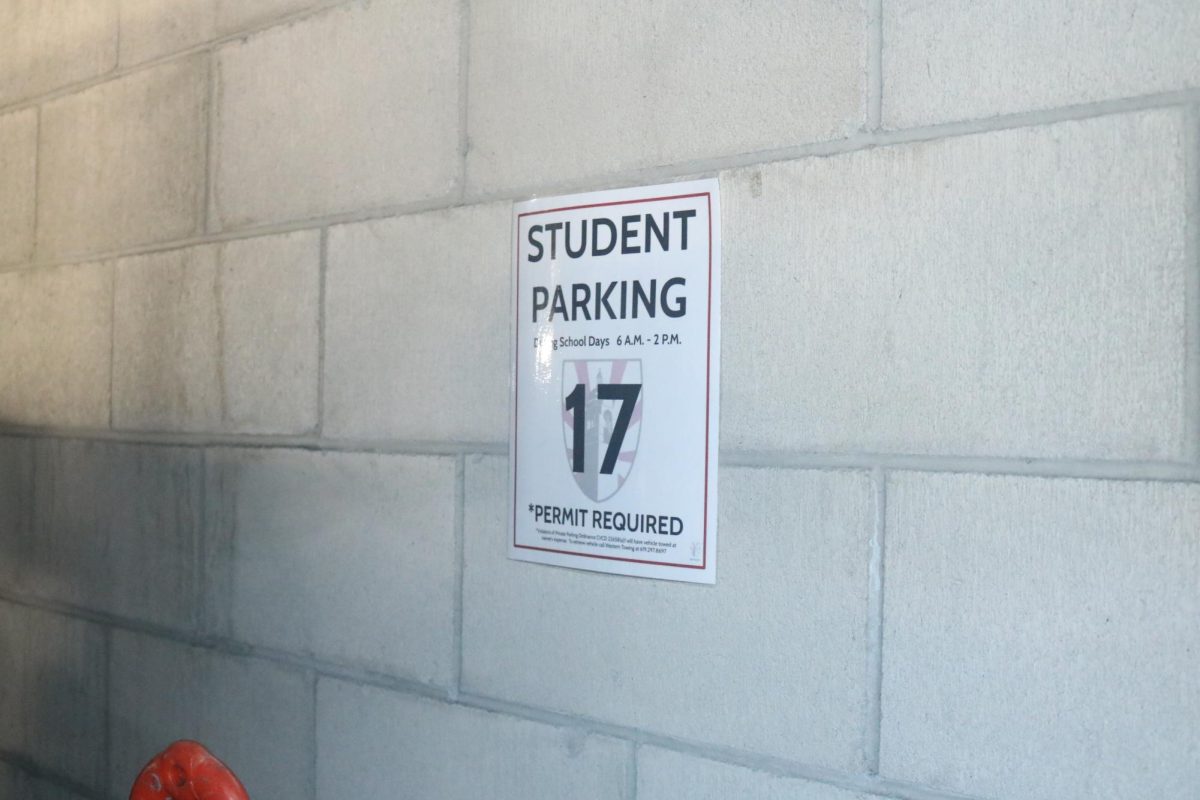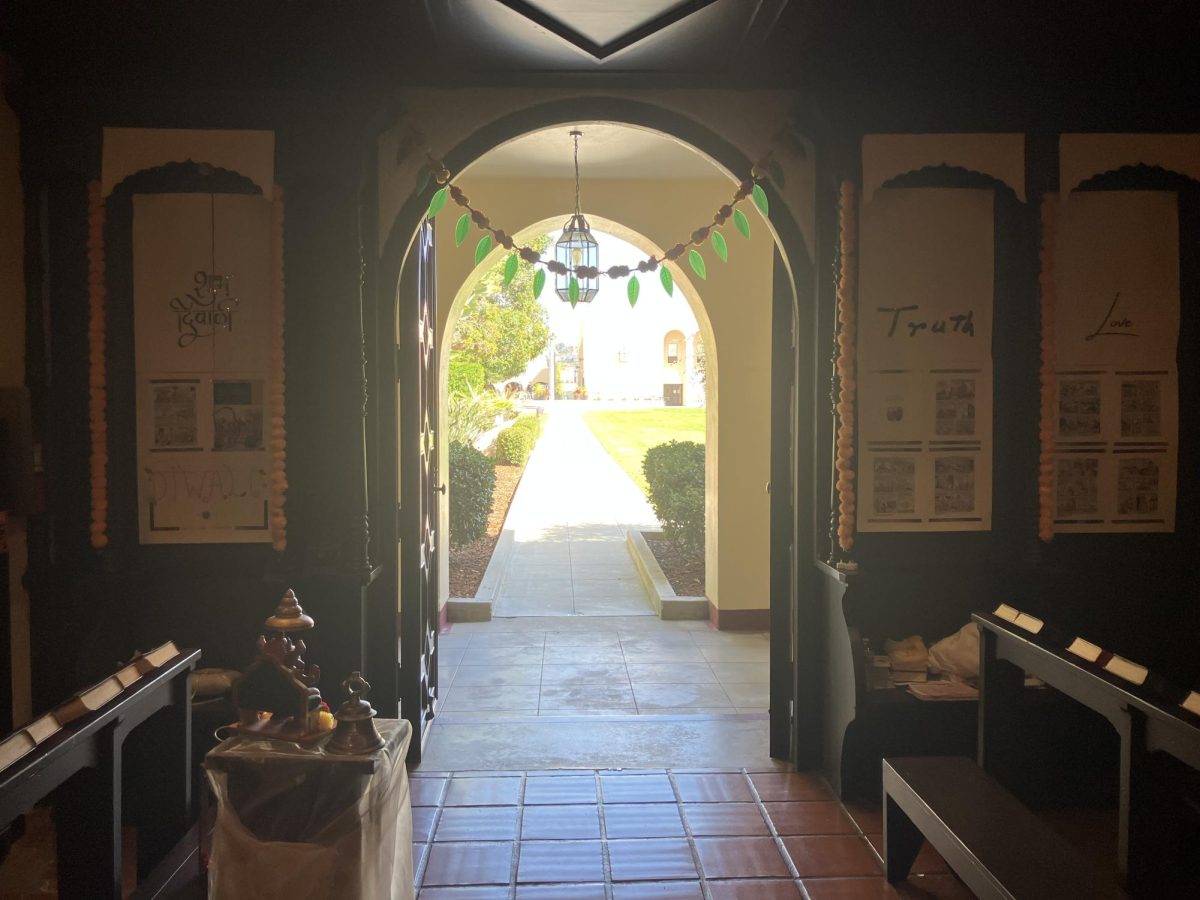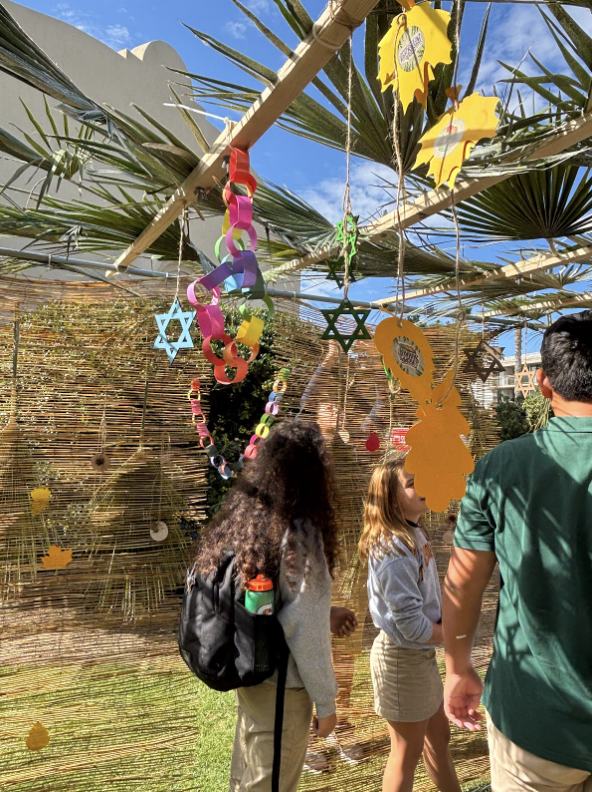The 2024 election seems to be seeping into everything — from discussions at the family dinner table to Instagram feeds to classes at school.
The Bishop’s faculty election committee aims to educate and help facilitate these conversations. Formed last spring by Director of Diversity, Equity, Inclusion, and Justice Ms. Valissa Thomas, the committee is composed of teachers across disciplines — from history and social sciences faculty to English faculty.
“I wanted to be proactive about the election, knowing that it’s very dynamic,” Ms. Thomas said, “I felt that as a private independent school we could really meet the moment…We can grapple with the elections and not really hide from it… or be prevented from talking about it by federal or state laws or policies.”
Library Director and committee member Ms. Alisa Brandt explained why a committee to facilitate discussion was necessary. “I think all you have to do is look at the conversations that are happening in our country. The polarization is more extreme,” she said.
Dr. Clara Boyle, a member of the committee, shared that she overheard a conversation between students unpacking the 2024 Presidential Debate. “It was, totally understandably, very sound-bite oriented — the zingers and the ‘cats and dogs,’” she said, “I like to talk about that too, but I would hate for that to be the end of the conversation.”
In effort to continue having thoughtful conversation surrounding the election, Ms. Thomas said she wanted to bring together a group of faculty and staff who were enthusiastic about the committee’s mission, which is composed of three goals: to build and sustain “a respectful and inclusive learning environment,” to plan civic engagement programming and support for students, and provide support for faculty and staff to help guide community conversations and concerns.
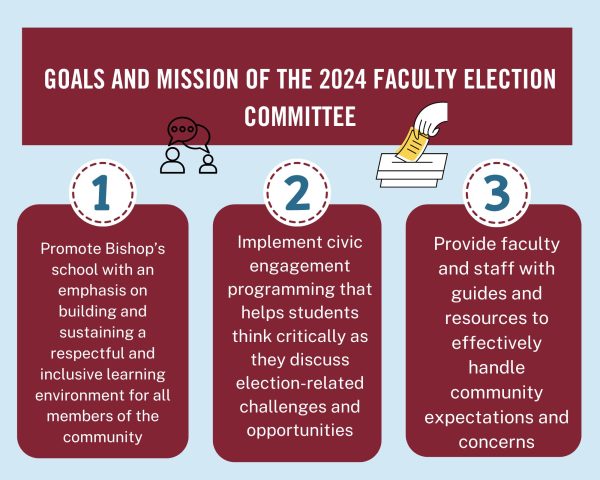
Enthusiastic faculty joined the committee for many different reasons. Dr. Boyle said she joined the committee because she was interested in working curriculum opportunities for “substantive conversations about politics” into the community.
“I think I was attracted to the idea that we’re…a place of learning, so if we perceive a problem or anticipate that things might get messy or complicated we have the tools (not to prevent that from happening) but to go in wisely, thoughtfully into this very fraught election season,” she continued.
Ms. Brandt, on the other hand, joined to find ways to encourage youth civic engagement and media literacy. She noticed that there’s been a national trend downward in youth engagement in civics and voting. “We have a responsibility to help students think about that part of their life when they are eligible to vote,” she said.
Additionally, Ms. Brandt said that there’s always been misinformation spread during elections. Between mudslinging and the nature of campaigns, she says it can be difficult to determine what’s being said. “My goal is to help students with media literacy and discerning what’s really going on in media messages,” she said.
After several meetings, the faculty election committee organized an array of election programming for students and faculty at Bishop’s, which will be implemented soon. These include: a Speech and Debate team mock election debate during enrichment, advisory lesson check-ins, a town hall for Upper School students the Thursday post-election, and resources for faculty and students on the library topics page.
Ms. Brandt acknowledged the role she and the faculty committee played in forming the new library elections library topic page, which will soon be released on Blackbaud. Utilizing feedback from the committee, Ms. Brandt curated a diverse and exhaustive list of resources on the candidates’ platforms and how elections work, which will encourage media literacy. “[Media literacy] is a skill that students need in order to be mentally healthy and make good choices about themselves and their world,” she said.
The seniors are likely the only students eligible to vote. Ms. Thomas emphasized the importance of having these resources readily available. We want to “provide you with enough information so that you feel you are prepared to vote,” she said.
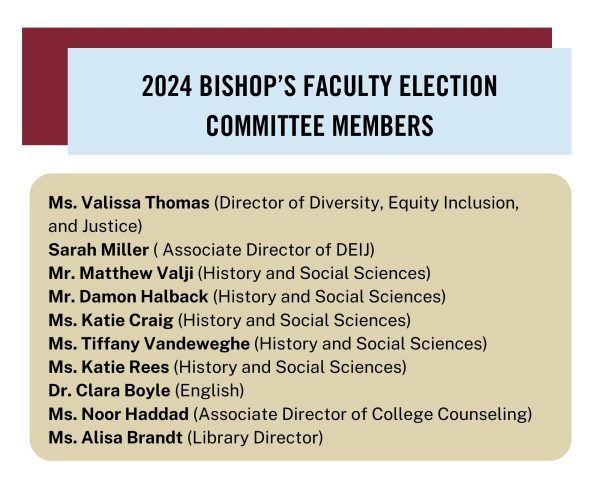
While the committee is focused on assisting students through the election, it also has thought about how faculty guide those conversations, leading to the creation of a faculty resource board. “We want to make sure that students from all different perspectives feel heard and supported,” Ms. Brandt said.
After the first committee meeting, Dr. Boyle knew she wanted to include All the King’s Men, a book focused on American politics in the 1930’s, into the Advanced Honors English curriculum. She also recognized that the committee gave her the idea to give political speeches to her English III classes. “I…had this idea…that reading some political speeches might be useful because we are immersed in political rhetoric right now. Again, we’re a school, so then what better way to navigate the rhetoric than to practice?” she said.
To Dr. Boyle, English class is the perfect time to facilitate discussion surrounding politics, especially when the text is political. She observed that the 2024 election had been referenced during discussion a few times in her Advanced Honors English class.
“I think English class is the opportunity to talk about so many things…and conversation is a part of Harkness classes…It just feels like such a precious opportunity to have a thoughtful and meaningful conversation, so I want to seize that. Because ultimately my hope is that practice in class and doing that thing together will bring everyone together to have better conversations about politics outside of class,” she said.
Moreover, while the 2024 election is rapidly approaching, committee members hope that conversation surrounding politics doesn’t stop there. “I’m hoping that we all, as a school community, have some great conversations about the issues, about the candidates, local issues — things that affect our daily lives,” Ms. Brandt said, “not necessarily seeing conversations where everyone agrees with each other, but maybe finding a way to understand each other and share our values in a way that is thoughtful and still open.”






